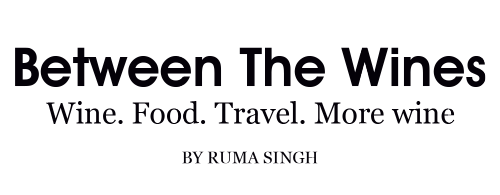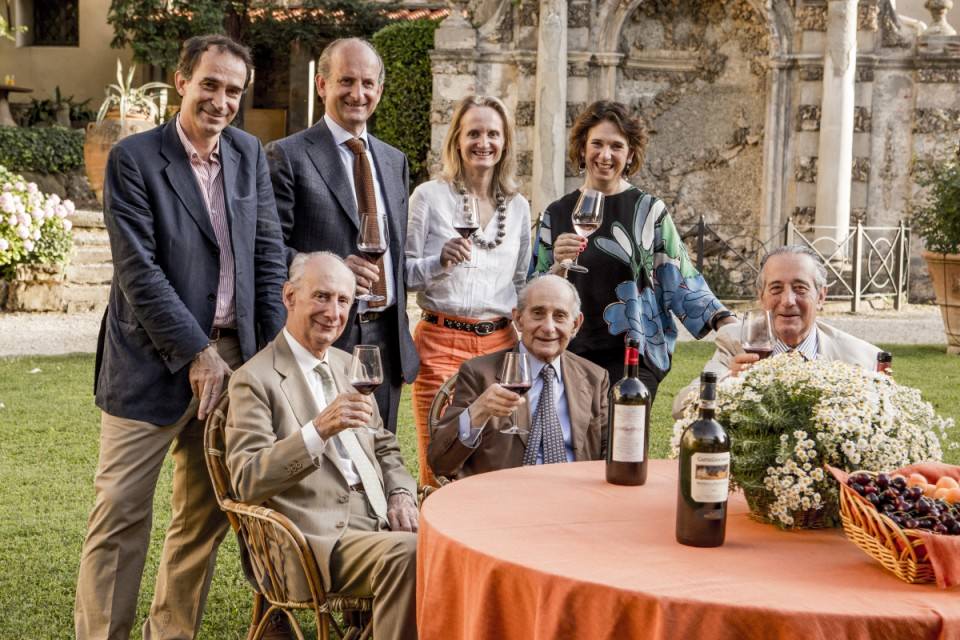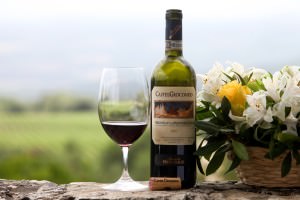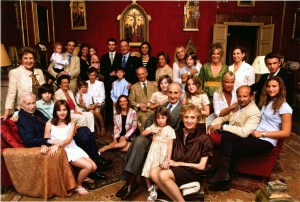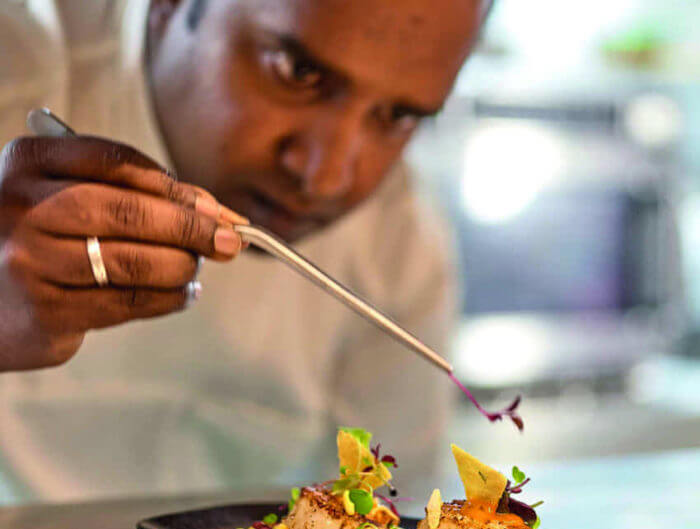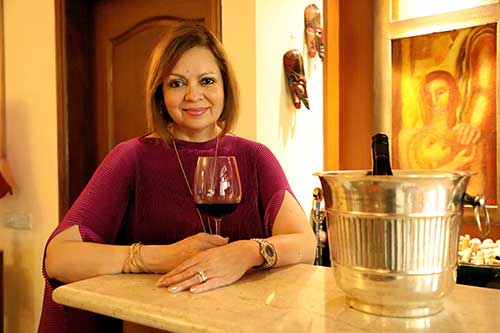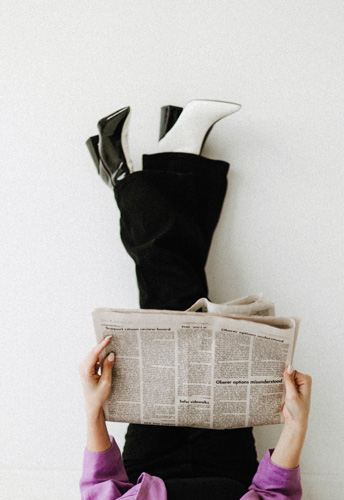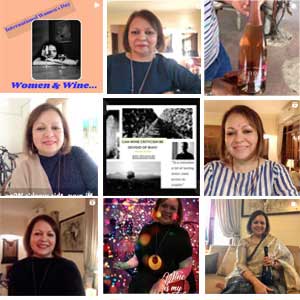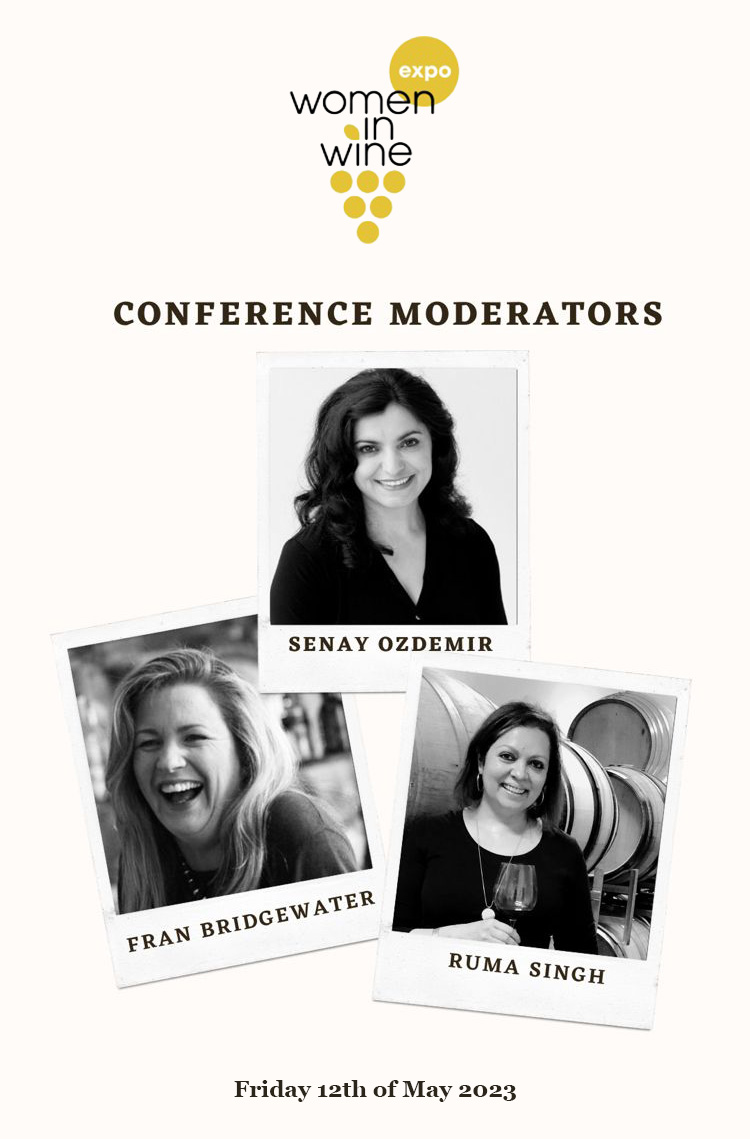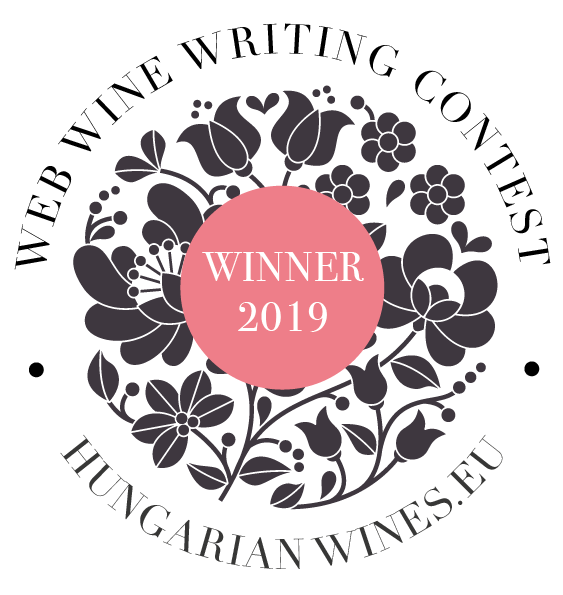It’s easy to spend an evening with Erika Ribaldi. Not only because the effervescent area manager, Asia-Pacific for Marchesi de’ Frescobaldi wines has a deep knowledge of her company, or even because, being based in Asia, she has developed respect for the culture of the continent which she applies to her work. No. Actually one could spend an easy evening chatting about food, Fendi, footwear, philosophy, and of course, wine.
Ribaldi is here to host a series of Frescobaldi wine dinners. I have to skip the dinner due to a prior commitment, but the chat before the event is a breathless rollercoaster of ideas, opinions and effusive warmth. I miss my sip of the Frescobaldi Tenuta di Castelgiocondo Brunello di Montalcino 2009, but I’m promised a tasting at a later time.
“Wine dinners are the icing on the cake in our job,” she says, “This is when we have fun. The first ten minutes of interaction with the guests are important to create the mood – if people laugh at your speeches, the formality is gone and the job is done. I refuse to be the Taliban of wine!”
Ribaldi speaks passionately from her heart without pausing to assess or weigh her words, and that is so refreshing in the wine world, where everyone interacts with varying degrees of seriousness and often self-importance. She puts it down to understanding Asian culture in the time she has spent in the continent – she’s based in Bangkok – “Wine producers need to understand Asia more when we sell our wines. We feel the emotion and pride in our wine, but we think micro matters. What we need to consider is not how, but where we are selling our wines. Does a visiting wine producer understand Bangalore, for instance? Then why should the wine waiter pouring that wine understand Montalcino? For instance, in India you have many types of tea. I don’t know your tea – why should you know my wine? As producers, we need to be humble. Instead of talking, we need to communicate.”
With wine education the need of the hour to grow wine culture in Asia, Ribaldi is aware that wine educators must engage and draw in potential wine lovers, something more than just teaching them empty wine verbiage they may not relate to. “We use metaphors in Europe which are hard to understand in Asia. There are no terms in wine tasting which relate to Asian flavours – like mango, jasmine – we need that. Instead of using empty words, if I say to you, “This bottle of wine will make you think of dancing the tango in red shoes – or, this one roars like the engine of a Ferrari Testarossa – you will understand the meaning of that wine better. A winemaker may have passion for his own craft, but often he might lack the skills of communication.”
The pairing of wines with Asian food is another conundrum winemakers scratch their heads over. “In Europe we must understand that Asia dines differently from Europe. Here, food is shared, there’s family style dining, and so wine matching often becomes irrelevant. What is more important in this scenario is to pick a wine that pleases your guest, rather than one which combines well with the cuisine,” she says. Makes sense, I tell her. She continues, “In Asia, food costs much less than wine. So does it make sense to spend thousands of dollars to buy Château Margaux when the meal costs $50? No. Wine is an expression of socializing, we must see that. Wine companies see Asia as El Dorado, but I think we all need to get humble here.”
When Ribaldi moved to Asia from New York, she started wine appreciation classes at an NGO to teach underprivileged young people job-related skills, like wine waiting. “I asked a producer to send me samples of wine for the classes. The kids loved the whole experience. Then one of them asked me once how much is the most expensive wine? I was quiet. How could I tell them that one bottle of wine could cost more than they would probably earn their whole lives? Wine should not about cost and prestige. It should be about enjoyment and fun. You don’t need money to have fun.”
Ways of drinking wine have also changed and will continue to do so, she adds. “My father drank a bottle of wine with lunch and dinner. That’s over 700 calories per meal! No one can do that anymore. People today aren’t physical, they don’t work physically either. So the function of wine has changed. For some it’s cool or luxury, but wine is ultimately a part of gastronomy, about enjoying that moment. So I refuse to say a wine is good or bad. After all, some might like Brad Pitt, other might prefer Johnny Depp,” she twinkles. And some might swoon over George Clooney.
Finally, the success of Frescobaldi over time in India in lies in their ability to understand, adapt, change and build long-lasting relationships. To draw in wine lovers to look beyond the complicated labels on Italian wine bottles. Which is why they have survived over the years. “I am not Frescobaldi, but the company is mine,” she ends, simply.
Marchesi de’ Frescobaldi is owned entirely by five brothers, Dino, Vittorio,Maria, Ferdinando, and Leonardo, and their descendants, with a share as well by Bona Marchi, Vittorio’s wife.
Marchesi de’ Frescobaldi is a 700-year old family owned wine company, with holdings spread over Tuscany, Italy, each estate being individually-run and producing prestigious DOC, DOCG and IGT wines. All their estates practice ecologically-sustainable viticulture and are compatible with the protection of the environment.
Castelgiocondo in the hills of Val d’Orcia is a UNESCO World Heritage site. At an elevation between 250 and 400 metres, it covers a total of 815 hectares, of which 235 hectares (580 acres) are vineyards, making it the second largest estate in the appellation. The rest of the estate is planted with century’s old olive trees and woods that once were hunting grounds. Castelgiocondo was one of the first estates to produce Brunello in 1800. Marchesi de’ Frescobaldi currently produces 10 million bottle of wines, marketed in 90 countries.
The guests at the Indian dinner by Frescobaldi at the Ritz Carlton Bangalore tasted Marchesi de’ Frescobaldi Castelgiocondo Brunello Di Montalcino 2009, rated 90 points by Wine Spectator, among other wines from the company.
The 2010 vintage received 97 points from James Suckling.
